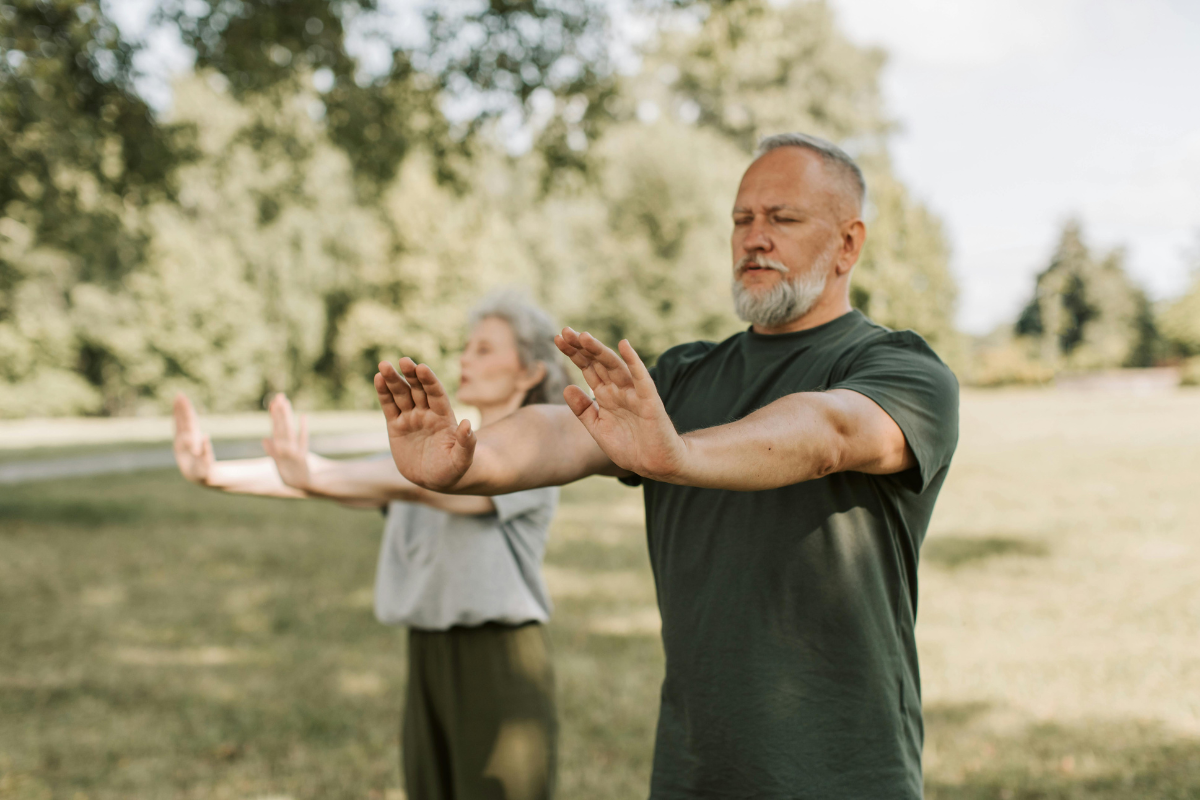
Chronic Pain Management

Chronic Pain Management
Chronic pain is a relentless companion that can significantly impact your quality of life. From limiting daily activities to affecting your mental well-being, it's a challenge many face. But the good news is, you're not alone, and there are effective strategies to manage it. Let's explore natural pain relief options and self-care approaches to help you reclaim your life.
Understanding Chronic Pain
Chronic pain is defined as pain that persists for three months or longer. Unlike acute pain, which serves as a warning signal, chronic pain often has no clear cause and can be debilitating. While traditional medications offer some relief, many people are seeking alternatives with fewer side effects.
The Power of Natural Pain Relief
Nature's pharmacy holds many treasures for those seeking to manage chronic pain. Consider these options:
- Mind-Body Techniques:
- Meditation and Mindfulness: These practices can reduce stress, a common pain trigger.
- Yoga and Tai Chi: Gentle movements and deep breathing promote relaxation and flexibility.
- Hypnosis: Can be effective in managing pain by altering perception.
- Herbal Remedies:
- Turmeric: With its anti-inflammatory properties, it can help reduce pain and swelling.
- Ginger: Known for its analgesic effects, ginger can alleviate pain and nausea.
- Capsaicin Cream: Derived from chili peppers, it can provide temporary relief from nerve pain.
- Dietary Adjustments:
- Anti-inflammatory Foods: Incorporate foods like fatty fish, berries, and leafy greens.
- Omega-3 Fatty Acids: Found in fish oil, flaxseed, and chia seeds, they can reduce inflammation.
Self-Care Strategies for Chronic Pain
In addition to natural remedies, self-care plays a crucial role in managing chronic pain. Here are some effective strategies:
- Regular Exercise: While it might seem counterintuitive, gentle exercise can improve pain tolerance and mood.
- Prioritize Sleep: Adequate rest is essential for pain management and overall well-being.
- Heat and Cold Therapy: Applying heat or cold packs can help reduce pain and inflammation.
- Stress Management: Explore techniques like deep breathing, journaling, or spending time in nature.
- Support Networks: Connect with others who understand your challenges and can offer support.
The Role of Nutrition and Supplements
- Vitamin D: Explain its connection to pain management and potential benefits.
- Magnesium: Discuss its role in muscle relaxation and pain reduction.
- Curcumin: Elaborate on the anti-inflammatory properties of curcumin and its potential for pain relief.
Common Questions About Chronic Pain
- Is chronic pain a psychological condition? While psychological factors can influence pain perception, chronic pain is a physical condition with complex causes.
- Can exercise really help with chronic pain? Yes, regular exercise, tailored to your abilities, can improve pain tolerance, flexibility, and mood.
- What if natural remedies don't work? It's essential to consult with a healthcare professional to explore other treatment options, including medications or therapies.
Conclusion
Chronic pain can be overwhelming, but with the right approach, you can regain control of your life. Remember, it's essential to work with your healthcare provider to develop a personalized pain management plan. By combining natural remedies, self-care practices, and professional guidance, you can find relief and improve your overall quality of life.





















































